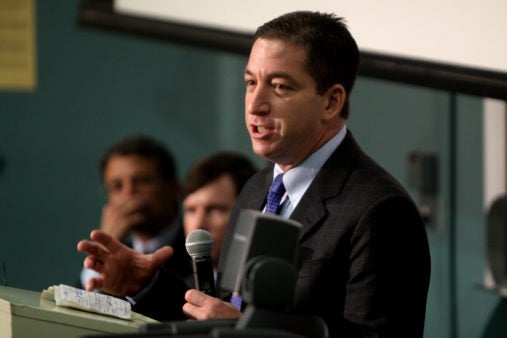The dispute between the Clarín Group, Argentina's largest media conglomerate, and the federal government over Papel Prensa, the largest newsprint factory in the country, has intensified in recent days, with complaints, death threats, and accusations of human rights violations during the dictatorship (1976-1983).
Fernando Collor de Mello, a former president and current senator, threatened Hugo Marques, a reporter for IstoÉ magazine, for publishing an article about efforts to invalidate his candidacy for governor of Alagoas state, O Globo reports.
Vânia Costa, a journalist for the newspaper O Mato Grosso in the central-western state of the same name, reported suffering harassment after she tried to investigate alleged misuse of federal funds in the city of Sinop, Folha Online reports.
In the newspaper elPeriodico, columnist Dina Fernandez criticized journalists for still accepting bribes, and chastised the journalists' guild for remaining silent when it comes to corruption within the press.
Segundo Carrascal Carrasco, editor of the weekly Nor Oriente, was released by the Supreme Court of Lima, after spending more than five months in prison for defamation, Crónica Viva reports.
José Enrique Crousillat and Genaro Delgado Parker, who were two of the most powerful men in Peruvian TV, are now fugitives from justice. Crousillat shamelessly sold the editorial line of América TV (Channel 4) to the mafia of then-President Alberto Fujimori and his intelligence chief Vladimiro Montesinos; Delgado Parker dodged his continuing debts to his employees, drove Panamericana TV (Channel 5) into failure, and allegedly stole some of its trucks. Now, they’ve both escaped.
A court injunction prohibits the newspaper Diário do Grande ABC—which covers seven industrial cities in Greater São Paulo—from publishing articles about a city government's questionable disposal of school furniture that was said to be in good condition, the newspaper reports. The National Association of Newspapers calls the injunction prior censorship.

U.S. journalist Glenn Greenwald was charged by the Federal Public Prosecutor (MPF, for its acronym in Portuguese) for alleged involvement with hackers who accessed messages exchanged through the Telegram application by various authorities